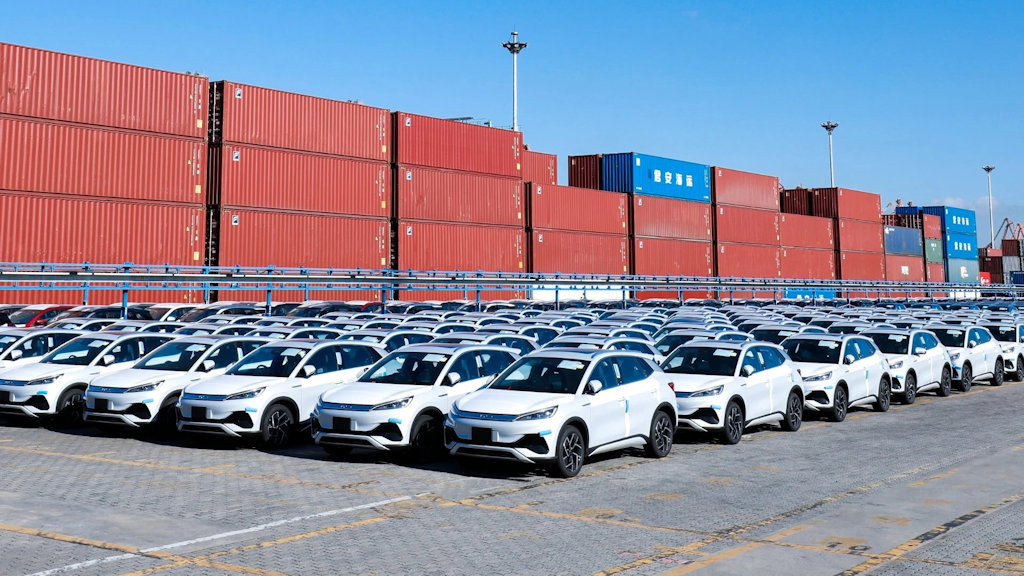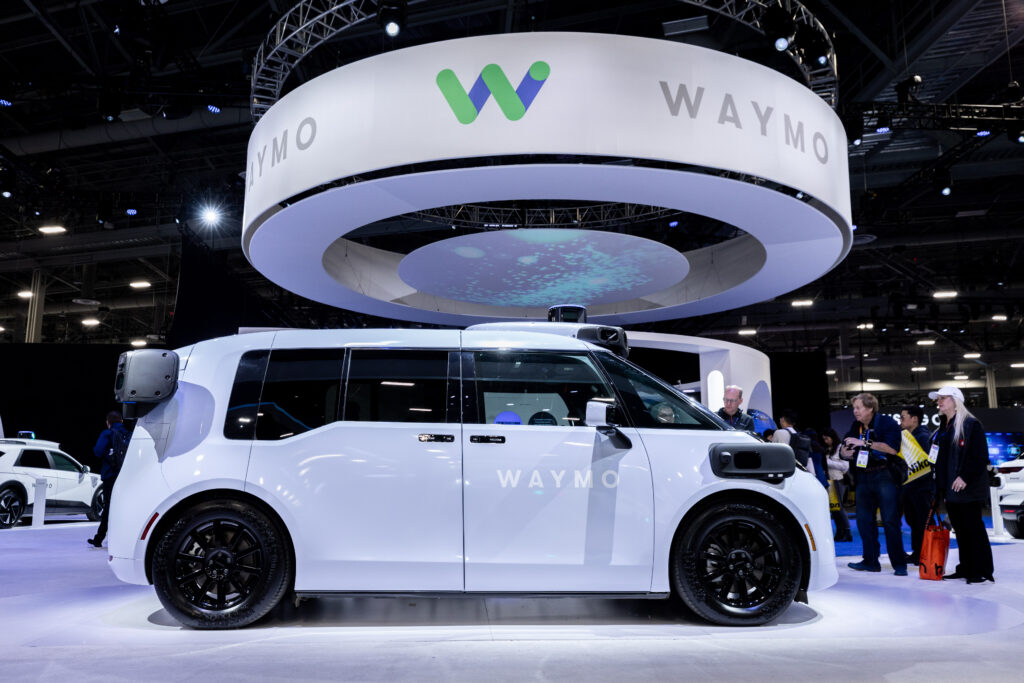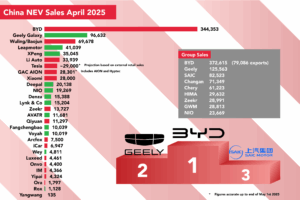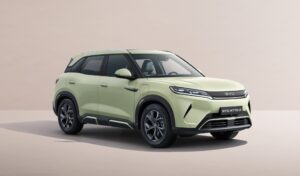Ban also covers Russian vehicles, and the sale of any software or hardware, even if produced in the US.

The US government has announced the complete ban of ‘connected’ Chinese and Russian cars from model year 2027, even if those vehicles are produced in the US.
The rules, announced by the outgoing Biden administration and issued by the US Department of Commerce, also ban the sale or import of any connected vehicle software or hardware systems originating from China or Russia from 2027 and 2030 for the respective technologies.
China’s Ministry of Foreign Affairs has hit back at the rule, stating that it “violates the principles of market economy and fair competition, and is typical of protectionism and economic coercion, which China firmly opposes.
“China urges the US to stop its unreasonable suppression of Chinese companies and will take necessary measures to safeguard its legitimate rights and interests”, the spokesman added.

The move, which the US claims is intended to protect the US from national security risks posed by Chinese and Russian connected car supply chains, looks set to stoke tensions between the two countries ahead of President Trump’s second term in office.
It effectively gives the US just two years to extricate its entire automotive connected supply chain from China, including any components that connect a vehicle with the outside world, such as Wi-Fi, Bluetooth, and cellular and satellite components.
The ramifications of the move could have far-reaching effects, with a number of models from US- and German-owned companies currently built in China and sold in the US, as well as models from part-Chinese-owned brands like Volvo, Polestar, and smart.
It also closes the door to any potential production of Chinese brands in the US itself as a way of skirting the 100% tariffs currently levied on Chinese electric cars, with any Chinese brand prevented from sale in the US even if produced locally.

China hasn’t yet responded with any action of its own but it’s hard to imagine there won’t be repercussions, and while Chinese brands merely lose the opportunity to sell into a market where they’re not yet present, the same cannot be said for US brands.
Ford, General Motors, and Tesla all have important production facilities in China and, while the market share and profits of the former two have been in steady decline in recent years, any similar bans on those brands would have a meaningful impact.
One potential victim could come in the form of Google’s Waymo and Chinese brand Zeekr, who last week showcased the Zeekr RT Waymo robotaxi that’s set to join the ride-hailing company’s fleet in 2025.
The ban on sales and imports of connected passenger cars might also extend eventually to vehicles over 4.5-tonnes with the US Department of Commerce looking to develop similar rules for larger vehicles, which could impact several Chinese vehicles providing commercial vehicles to the US.



